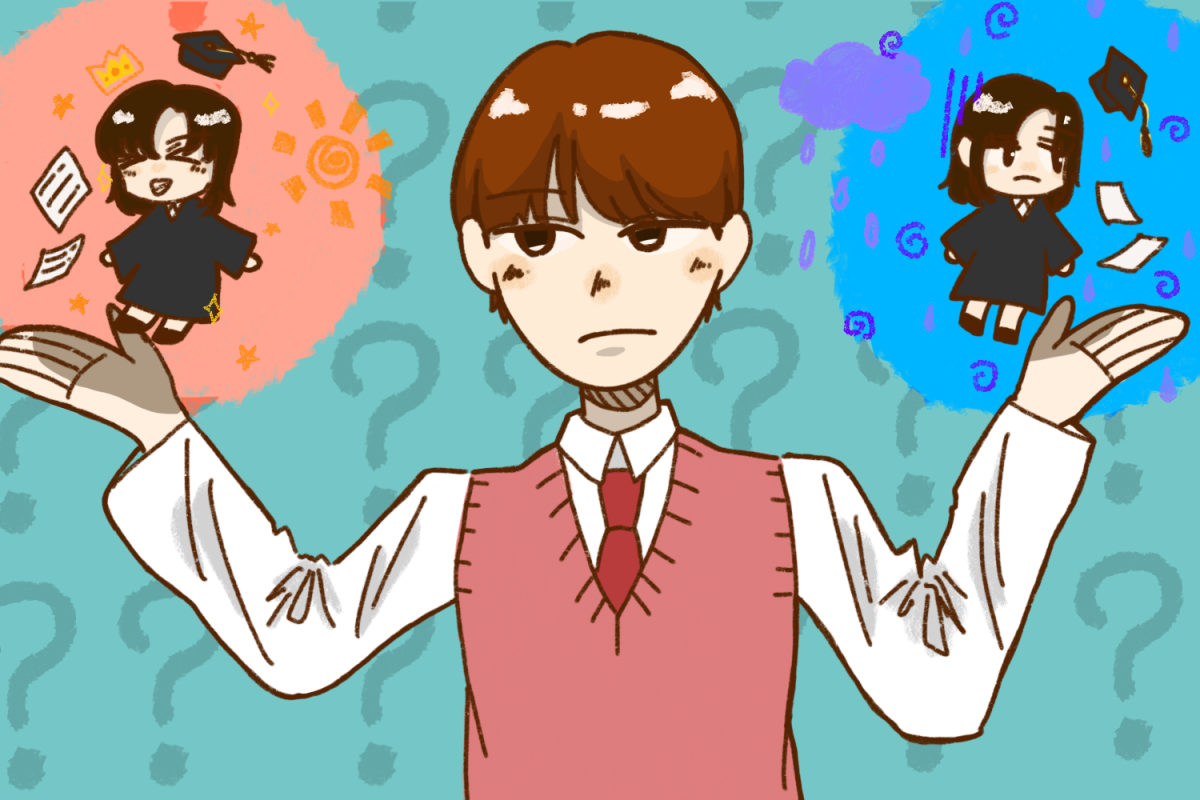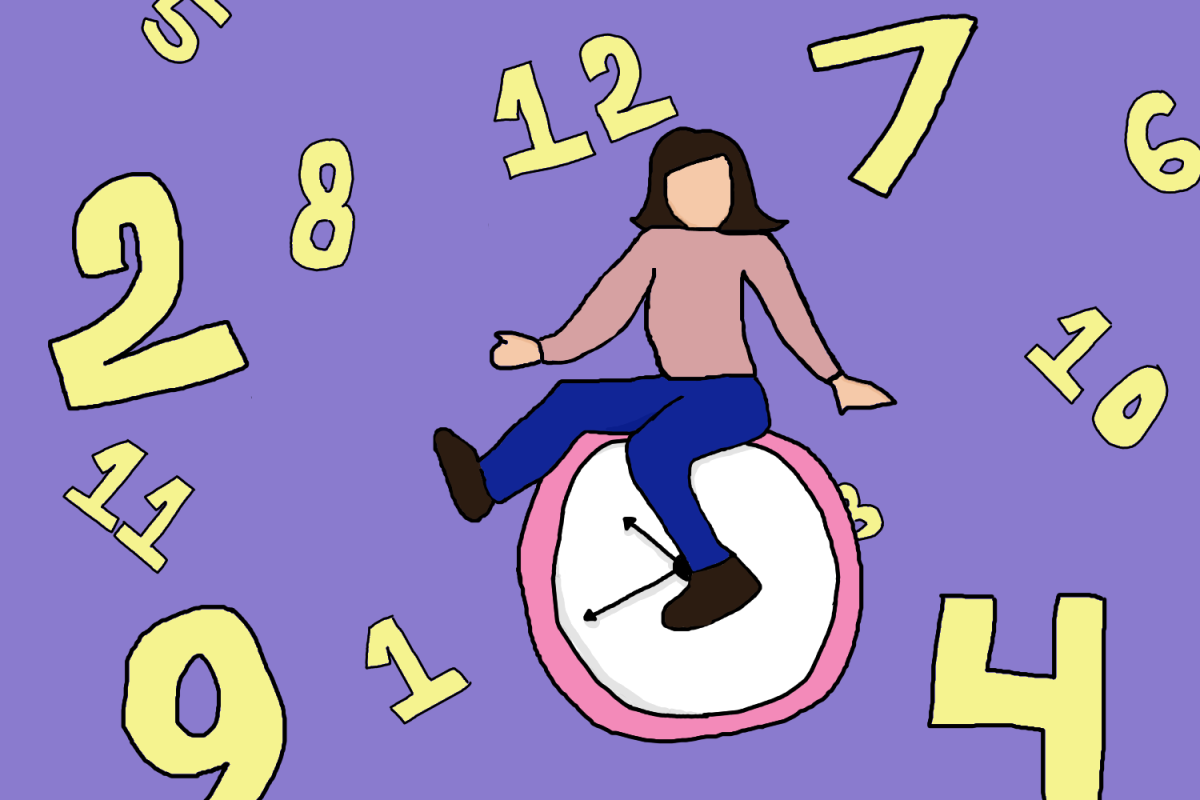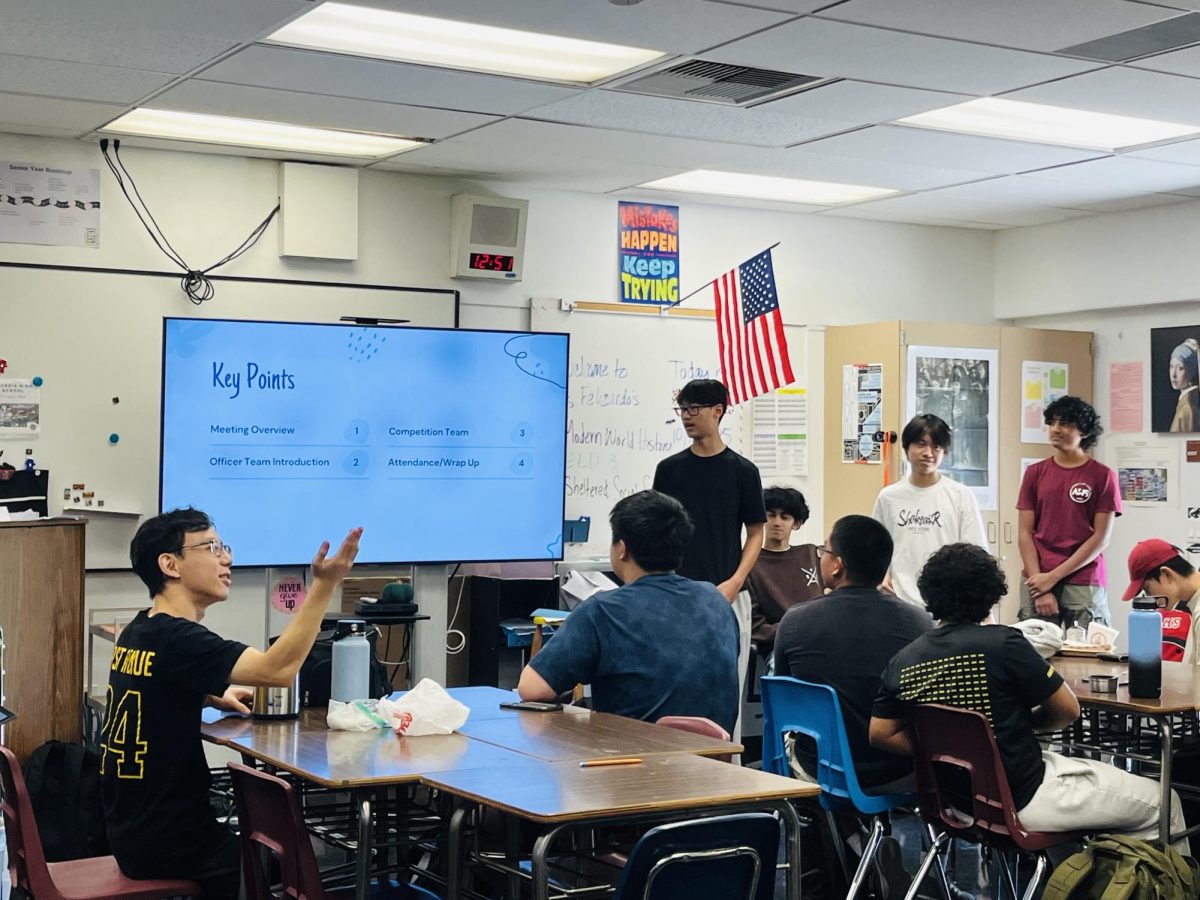Student-teacher relationships are not only used for recommendation letters for college, but they can also be one of the most unique connections a person will ever build. These relationships are beneficial for both parties to earn a greater understanding of each other, and allow the student to thrive both academically and actually enjoy school (yes, it’s possible).
Strong student-teacher relationships provide the foundation for better engagement, learning habits, and an overall feeling of belonging. By encouraging academic success, grades can go up and suddenly, that daunting pile of homework doesn’t seem so bad. Students’ motivation to try harder in class automatically skyrockets when they feel that their teacher actually cares about them. For example, a good relationship with a teacher often gives the students a stronger desire to achieve high grades.
Furthermore, 46 studies from A Review of Educational Research analysis found improvements in many aspects of school. Higher student engagement, lower school dropout rates, less disruptive behavior, and higher attendance are all included. These findings have proved that healthy student-teacher relationships not only have good long and short term effects, but it is also the secret recipe to a less stressful year.
“I think teachers often times forget the power they have, and when a student feels like a teacher has a lot of power, it can affect the way they relate to them and that can affect the way everyone relates to each other in the classroom,” said freshman English teacher Mrs. Robin Neuwirth-Bishop.
Teachers feel committed to use better lecturing techniques when they have a positive relationship with the student. They often use high-impact teaching applications to ensure a successful learning outcome. High-impact teaching applications are learning practices linked to promoting student engagement with deep learning skills. This includes service learning, internships, and capstone courses. However, such applications can be difficult to implement in the classroom, since they require a lot of time and effort that not every teacher has. Promoting thoughtful relationships is a good way to start these practices.
Mrs. Neuwirth-Bishop further adds, “I think it’s really important to treat students as human beings so that they remember that teachers are human beings [and] so that we see each other’s humanity. I think when students feel seen for who they really are as humans, it changes the learning environment completely rather than if they were to feel intimidated.”
In addition to academic benefits, student-teacher relationships can do wonders to support social needs. Positive connections help students develop better self-regulation skills and manage reactions around them. When students go to their teacher, they’re not just learning about the subject, but also learning how to keep their emotions in check. Over time, this management of behavior leads them to reach their personal goals, and those academic goals start looking much more achievable.
“I try to be respectful in class and act more like a friend to some of my teachers rather than just a random student,” said freshman Isabella Budasz. “For instance, I’ll say hi and maybe even make a joke if I see my teachers outside of the classroom.”
However, these relations don’t just last during the years of school. Students are more likely to form powerful links in the future if they have meaningful bonds with their teachers. This is especially important for older elementary school kids as they transition to middle and high school, as they make similar connections throughout their school career and beyond.
“In my opinion, meaningful relationships with teachers can impact students on a mental and emotional aspect. For one, students may feel more comfortable when opening up to their teachers about concerns. In my experience, teachers are more likely to be willing to help if they get to know students better as a person, and in turn, students have a higher chance of succeeding,” said freshman Addy Cheng. “Getting to know teachers can also create a more positive school experience. Sometimes, if you just need someone to talk to; most teachers are there to listen. Building stronger relationships with teachers can range from attending office hours to simply having small conversations with them.”
Healthy student-teacher relationships not only give students a sense of belonging and inclusiveness, they also allow for the teacher to implement better teaching practices in the classroom. Learning environments will improve, as well as the motivation of those who feel a connection to their teacher. These relationships are a huge part of life and one that everybody should have.







